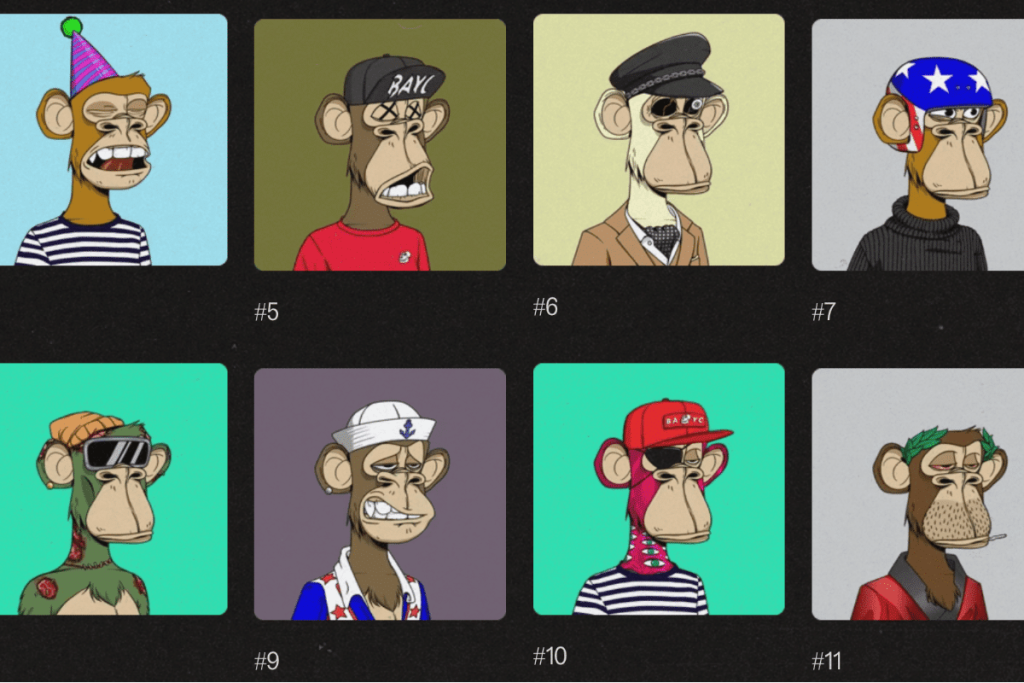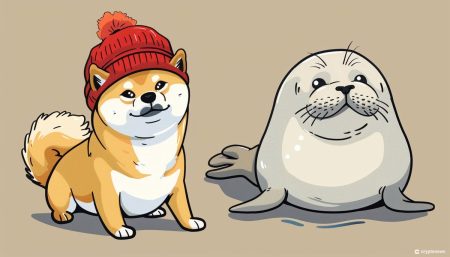NFT artist Ryder Ripps and associate Jeremy Cahen must pay Bored Ape Yacht Club (BAYC) developer Yuga Labs nearly $9m in profit disgorgement.
Both have been permanently banned from using the BAYC identifier in any logos or trademarks, a final court judgment on Friday showed.
Additionally, US District Judge John Walter ordered them to transfer any infringing intellectual property. This includes codes, passwords, and credentials, to Yuga Labs within two weeks.
They must dispose of any remaining Ryder Ripps/BAYC NFTs they have, or surrender them to Yuga Labs to burn.
According to the order, Ripps and Cahen must cover about $7m in legal fees from the long-standing lawsuit.
NFT Legal Drama to Persist?
Yuga Labs has emerged victorious in the precedent-setting NFT case. But Cahen, who goes by “Pauly0x” on X, said that the two are pursuing an appeal in the Ninth Circuit Court of California.
“Case is ongoing,” he added.
BREAKING
On a Saturday, The Federal Court has entered its final judgement against me in my case vs. YugaLabs.
Judgement Total: $9,112,496.50
(Note: My name is misspelled in the order)
We are appealing this outcome in the Ninth Circuit Court of California.
Case is ongoing. ✊ pic.twitter.com/fHcEsbBL6a
— PAULY (@Pauly0x) February 3, 2024
So, why is the Ryder Ripps/ Yuga Labs case significant? It establishes a precedent for safeguarding intellectual property and trademarks within the NFT and crypto markets. It shows that creators and companies can legally protect their intellectual property and trademarks, even in emerging and decentralized tech environments.
Yuga Labs’ action against unauthorized NFT use reinforces this importance in the NFT market.
Timeline of Yuga Labs’ NFT Legal Battle
Ripps and Cahen launched the Ryder Ripps Bored Ape Yacht Club NFT collection in May 2022. It closely resembled Bored Apes, which Ripps accused of perpetuating Nazi symbolism.
In June, Yuga Labs sued Ripps and his associate, alleging the creation and promotion of “copycat NFTs” that devalued the authentic ones.
Yuga claimed that Ripps marketed and sold the collection using identical trademarks to those employed by BAYC’s actual creator. According to them, it was a deliberate attempt to undermine Yuga by creating uncertainty among consumers about the association between RR/BAYC NFTs and the genuine BAYC.
Ripps then sought to challenge the lawsuit in August, asserting his NFTs constituted a form of appropriation art intended as artistic criticism.
By October, Judge Walter ordered Ripps and Cahen to pay Yuga Labs over $1.5m in damages. This decision came after an earlier ruling that found them guilty of trademark infringement.
Read the full article here















